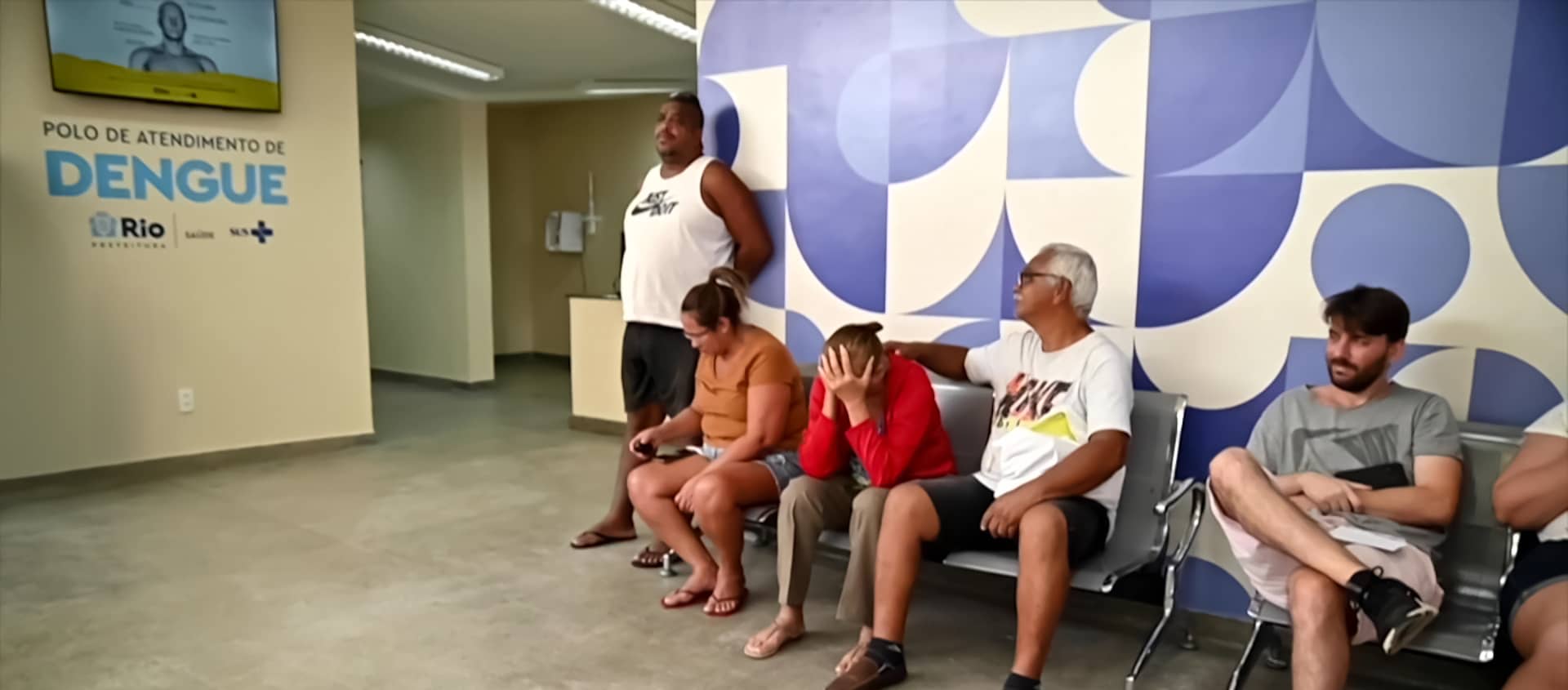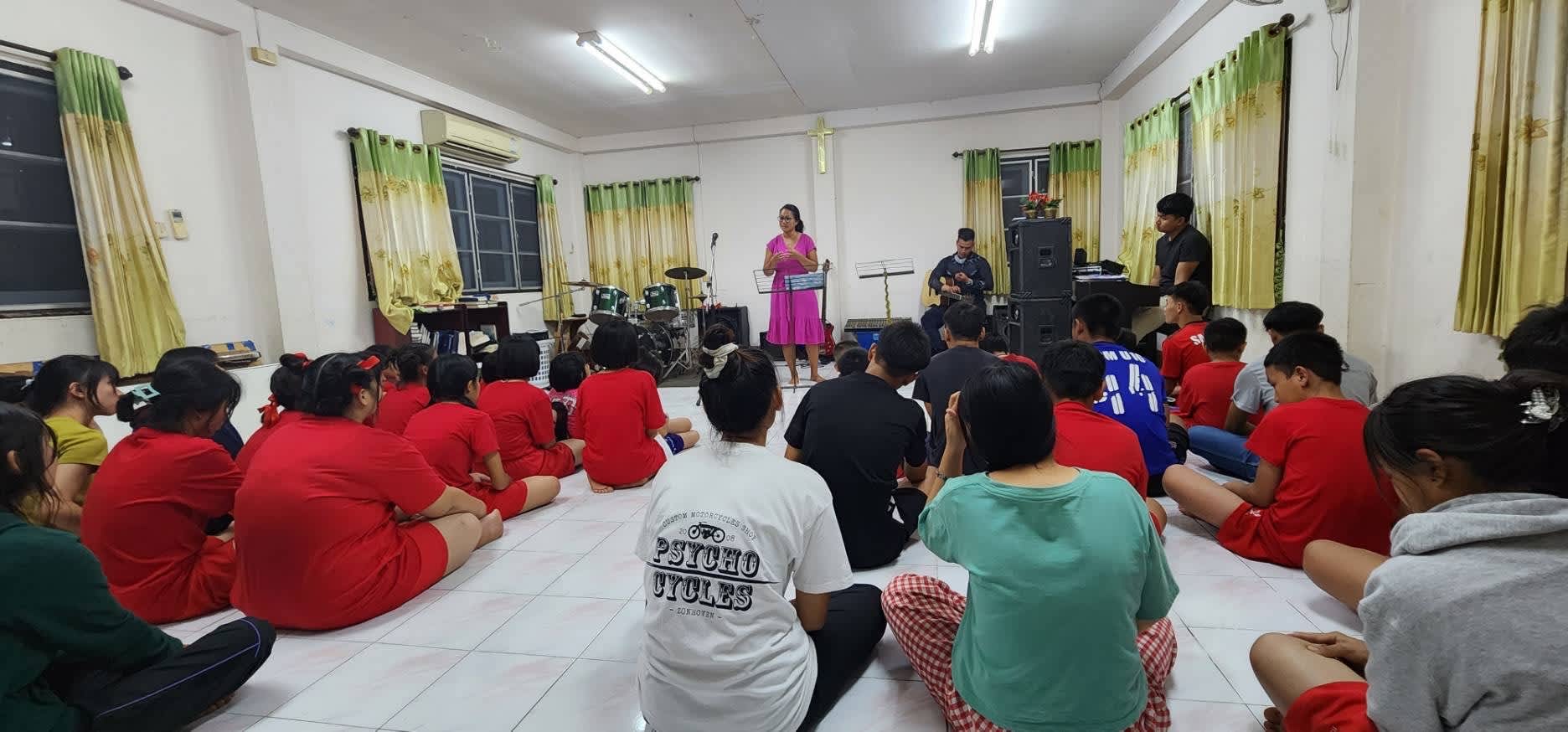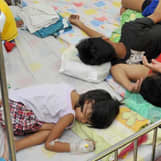The impact of dengue: Two doctors’ perspectives | Takeda Stories

The impact of dengue: Two doctors’ perspectives
Watch this three-minute video to hear physicians in Brazil describe their first experiences with dengue patients and the lasting impact it has made on their careers.
This article includes two healthcare providers’ real-life experience with treating dengue. Given the nature of the disease individual experiences and symptoms will vary. This information is available to the general public for informational purposes only; it should not be used for diagnosing or treating a health condition or disease. It is not intended to be a substitute for consultation with a health care provider.
Featured health care professionals are paid consultants of Takeda. Always seek appropriate medical help to address disease symptoms, discuss medical concerns, and obtain proper diagnosis and care.
Dr. Rosana Richtmann’s eyes light up and sharpen focus. The infectious disease specialist, who has spent her career diagnosing and treating dengue, can’t hide her passion.
“It’s like an investigation. It’s incredible,” Dr. Richtmann says, leaning forward in her chair. “If I needed to begin my life again, I would still be an infectious disease specialist.”
Dr. Richtmann is director of the Immunization Committee at the Brazilian Society of Infectious Disease. She has been on the frontlines of the dengue crisis in Brazil and has seen firsthand the impact the mosquito-borne disease has on her country.
“I was working at the emergency room,” she says, recalling her first experience with a dengue patient. “A young guy came with a pain, a general pain in his body. High fever. A pain across his eyes.” Although dengue may typically show mild symptoms, Dr. Richtmann explained that given this patient’s symptoms, she had to consider dengue as a possible diagnosis.
Today, dengue is being felt across much of Brazil – and across the globe. While most dengue infections are asymptomatic or produce mild illness, according to the World Health Organization, half the world’s population is at risk of dengue infection.1 The situation in Brazil is exacerbated by pre-existing challenges to its national healthcare system.2
Dr. Renato Kfouri is president of the Immunization Department of the Brazilian Society of Pediatrics. He has seen how dengue has directly affected patients and communities, especially when health system limitations are combined with a dengue outbreak.
“We have difficulty acquiring beds, and we have few professionals to provide care to so many cases,” he says. “We have a shortage of laboratories and we often lack diagnostic tests to confirm cases. All this creates a burden, not only on the system, but on individuals themselves.”
“Communication,” Dr. Kfouri says, “is the main tool that we have today to make a difference.”
“Someone that is educated and has the information about prevention, they can share with the neighborhood, “Dr. Richtmann adds, “Not just one person, but all of the community against dengue.”
This story is part of an ongoing series on the global impact of dengue and how Takeda seeks to build on its legacy of innovation in service of patients to support those at risk. To learn more, explore the related stories.
- World Health Organization. Dengue and severe dengue. https://www.who.int/news-room/fact-sheets/detail/dengue-and-severe-dengue.
- Roman A. A Closer Look Into Brazil's Healthcare System: What Can We Learn? Cureus. 2023 May 1;15(5):e38390.
Share this story



